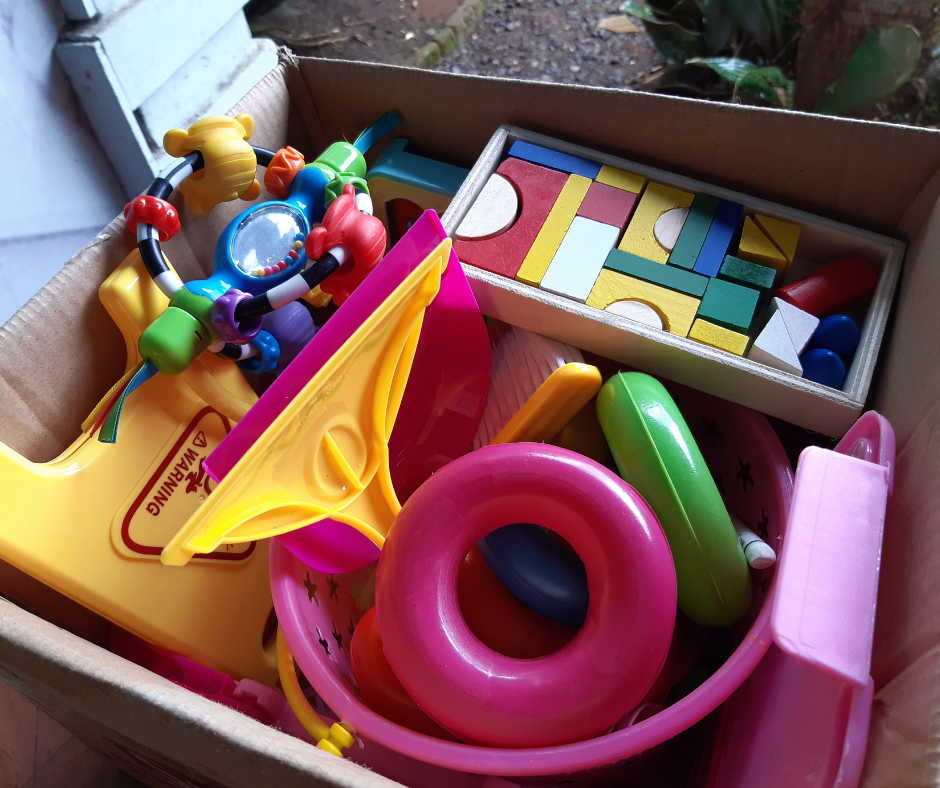The kids are away so nanny will play?
It’s not unusual for nanny employers to have more holiday than the minimum entitlement, and parents may choose to go away during school holiday time or if the family is co parenting , which may leave the nanny without any charges to look after.
An empty house can also be a good opportunity to ask your nanny to undertake tasks that are easier without distraction and get ahead, for example by getting everything ready for a new school year. These tasks can also be completed flexibly, allowing your nanny to schedule routine appointments without eating into her holiday or impacting on you. Here are some things you could ask your nanny to do:
– batch cooking meals for the freezer
– sorting through clothes which have been outgrown and putting them away
– making a list of new clothing purchases
– buying, washing and naming school unifrom
– buying school supplies
– washing and repairing toys, and putting away anything which is no longer appropriate
– washing and sterilising bath toys
– sorting and restocking the arts and crafts box
– making a list of suggested toys, ideal for Christmas and birthday ideas
– ensuring there are enough children’s toiletries and first aid supplies, and restocking as necessary
REMEMBER – it’s a great perk to give a nanny extra paid time off, and it stores up flexibility for those days when you’re a little late home from the office although few nannies will agree to a formal carrying over of hours. It’s unfair to expect this time off to be unpaid; after all your nanny is available to work and may not be able to find a replacement source of income and this will only breed resentment further down the line, agreeing to some flexibility on both sides ensures a happy household.





